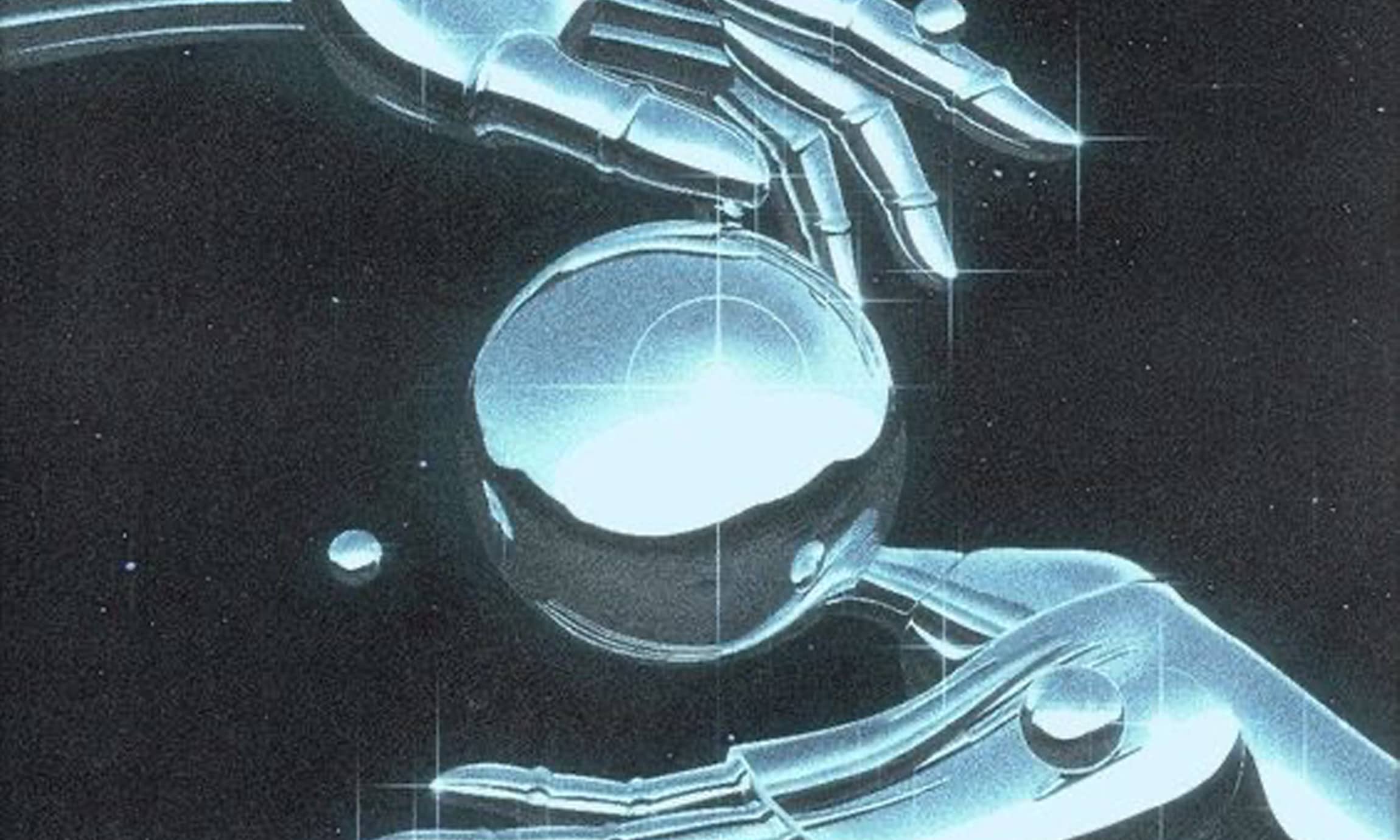
When I was on a date a little while back, we had a conversation on LGBTIQ+ labels. She was explaining how in a metropolis like London, labeling is optional. You are either interested in a person, or you aren’t. You either want to sleep with this person or you don’t. But neither impact their self-identification. Hence, a man showing interest in a man, without being queer. Without engaging into gay culture. With no interest in Pride. A straight man who wants to sleep with this man, in a queer experience but not as a queer person.
A post-label world
There was quite an appeal to what she had described to me. My labels have changed over the years, as my identity grew more complex in its queerness. I wasn’t just a lesbian anymore, but a trans man with a lesbian history. No label feels encompassing enough, specific enough, personal enough to be accurate. I suspect that as conversations to highlight the web of sexuality and gender continue to progress, a growing number of people will feel that labels are merely a general summary of what someone is experiencing.
A previous article highlighted the disappearance of lesbian spaces -- the very few that did exist. And while that community is indeed specifically losing an alarming amount of spaces, it may be fair to expand that all queer spaces are losing their queerness. Allies are present and people that don’t relate to queer culture are still engaging what would be considered queer relationships. The boundaries of what is queer are blurring. Labels are morphing. Attraction is being dissected as far more complex than a uni-dimensional measure towards a gender.
Context matters
The shedding of labels is quite freeing as a concept. As acceptance of LGBTIQ+ experiences become more normalized in some areas, the self-identification in it is looser and the survival of its culture is less urgent -- or at least, urgent in a different way. It really used to feel like you must identify within an LGBTIQ+ label, because you have transgressed into queerness. But if queerness is no longer felt like a transgression, can’t you straddle the line of what is cisheteronormative and what is queer?
I wouldn’t consider any of the contexts I’ve lived in to promote such a level of freedom. Queer survival is still a priority, community and cultural bonding is still necessary, activism is still essential to our equity. So, to consider myself queer does matter to me, to an extent. It’s about the acknowledgement that there is structural discrimination towards queer people, even if queer experiences are being normalized. These progressive areas that allow for queer behavior still don’t necessary protect queer people -- those places aren’t exempt from queerphobic legislations.
Who is Pride for?
Pride is this rich cultural event where we celebrate queer experiences and queer people. And in the beginning, these were pretty overlapping population. By celebrating queer experiences, you were necessarily celebrating queer people. But this isn’t true anymore. Pride is supporting both a straight man who enjoys a blowjob from another man sometimes the same way that it’s supporting a gay man faces discrimination systemically.
And in some ways, it’s always been this dichotomy. What is dangerous is not the queer experience, it’s the queer label that chases after you. The experience can be “cured”, the label is damned.
Pride is evolving into a new era, where it serves and represents different people depending on the level of queer freedom perceived. The line between allyship and queerness is blurring, as there may be allies with queer experiences. They just don’t subscribe to the implications of a queer label.
At the core of this reflexion, Pride will always be about acceptance, equality and freedom. So as we are in Pride month, as a community that is ever-growing, let’s try to stay mindful on the myriad of ways someone may feel implicated in the festivities.



































































